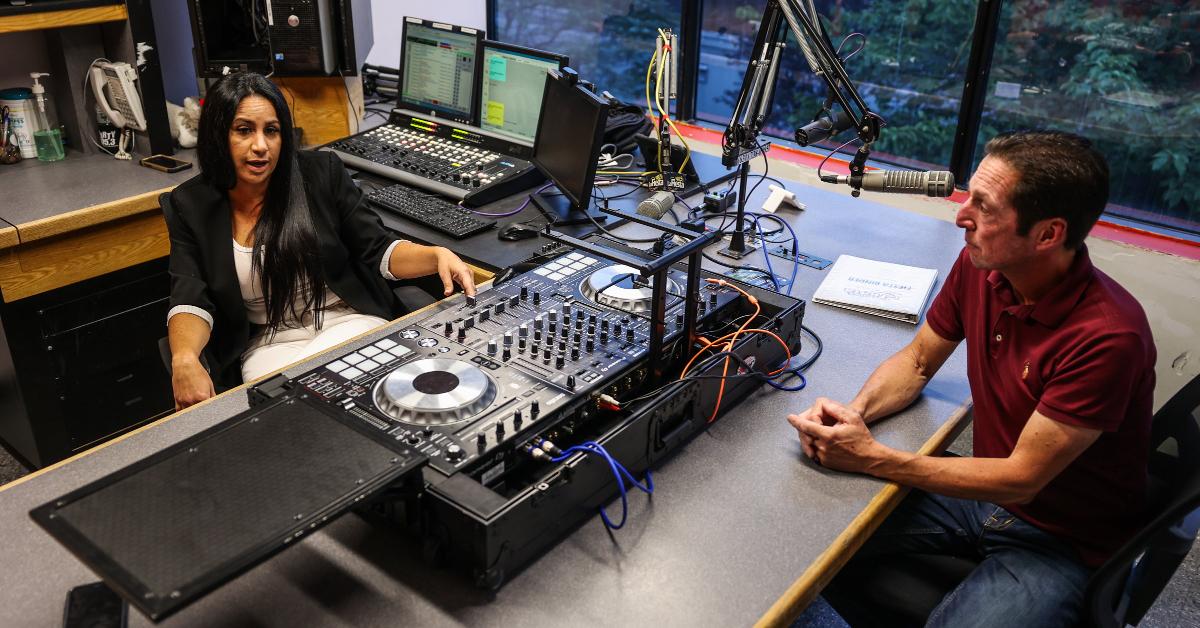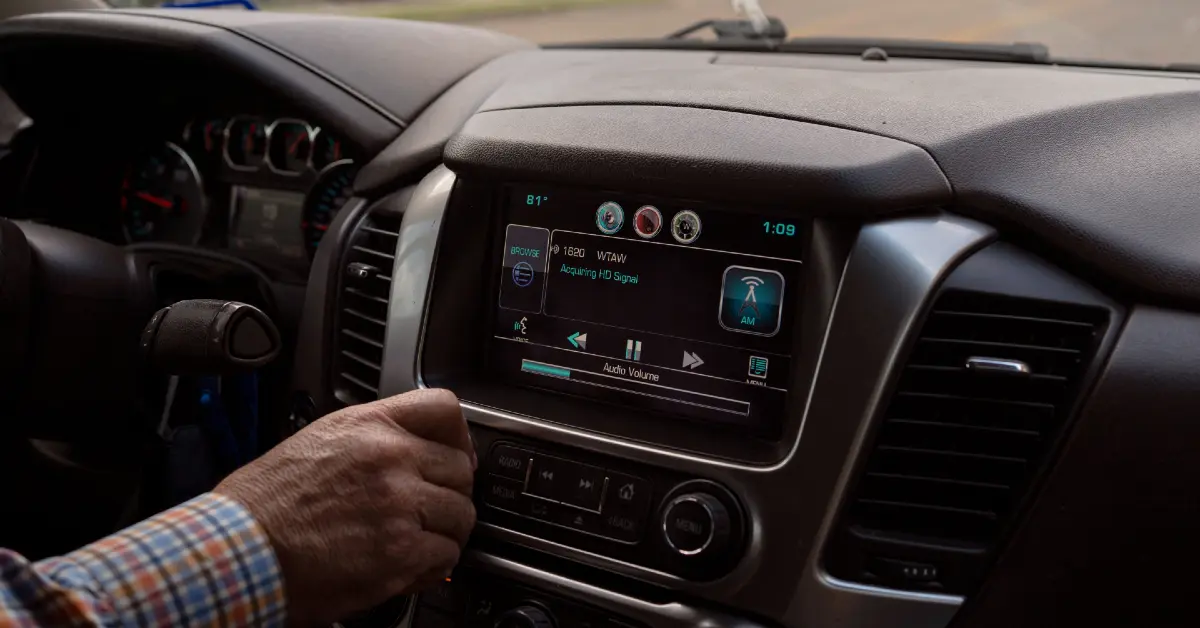“A friend of mine was a DJ and said many of the most popular songs replayed within 90 minutes of the last time it played,” said one Redditor.
On January 2004, and throughout the entirety of that year, there wasn’t a single g-damned radio station that wasn’t playing Usher‘s “Yeah!” ad nauseam.
Dance stations played it. Pop stations played it. Hip-hop stations played it. I distinctly remember being on a road trip with my uncle back in the day and we keyed through six different stations — all of them playing the song simultaneously at different points in the track.
It always made me wonder: Why do radio stations play the same songs?
Why do radio stations play the same songs?
According to the Daily Mail, the repetition of songs on the radio boils down to one thing and one thing only: money.
Radio/TV stations earn the bulk of revenues through advertising partnerships made with various companies, and the more listeners who are tuning in, the more valuable these ad buys become.
The Daily Mail writes that playing popular artists who are in the collective conscious will more than likely result in more listeners, and more listeners will result in more profitable ad buys.
But now we’ve entered into a chicken-or-the-egg scenario.

Surely, back in the day when more people were listening to the radio instead of their Spotify accounts, then radio stations played a larger part in determining what people were currently obsessed with listening to.
Now, it seems like whatever song is attached to a viral TikTok or trends online helps it to get folks to listen to it, or if it’s released by a musical artist whose name is in the headlines for whatever reason.
And even though you may’ve not found yourself intentionally cranking up the radio to jam out to some tunes in a while, there are plenty of people who regularly do, according to Nielsen research numbers.
Which means that even though radio listening numbers have dropped significantly over the years, there’s still a massive audience listening to the radio. Which means that massive record labels who sign artists will probably have a vested interest in ensuring that whoever they’ve got on deck are getting radio play.
The Daily Mail writes that super influential labels with tons of resources at their disposal pay radio stations to give preferences to certain artists and singles, and some stations rely on these payments to stay afloat.
And there’s a reason why this model works: A lot of it has to do with the nature of how listeners consume media through the radio. One Reddit user who replied to a post uploaded by @mamaligakiller explained why.
“There are many stations that are considered top 40 stations. They have something called high rotation, basically suggesting the top 40 or so songs of that genre are played more frequently. They sprinkle in new songs and old favorites, but mostly they just replay the current top hits,” user @lustywench99 wrote.
The user continued: “A friend of mine was a DJ and said many of the most popular songs replayed within 90 minutes of the last time it played. Again, people don’t listen all day usually and people like to hear familiar and good music when they are briefly listening, so playing those songs in high rotation ensures that.”
This phenomena then helps to play into the theory of human psychological condition of repetition which speculatively goes hand in hand with the same advertisements and jingles. These commercials, like the popular songs also featured on radio stations, also play ad nauseam. So folks are mentally trained to experience triggered dopamine responses from the repeated songs that they listen to on FM/AM.


